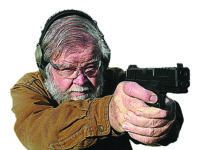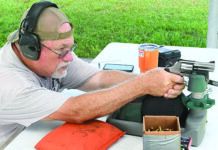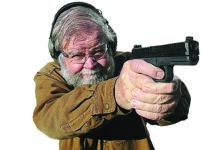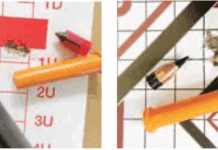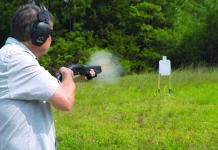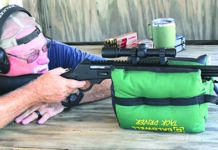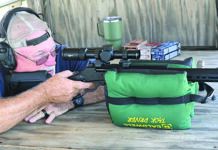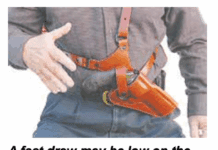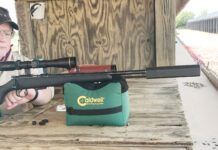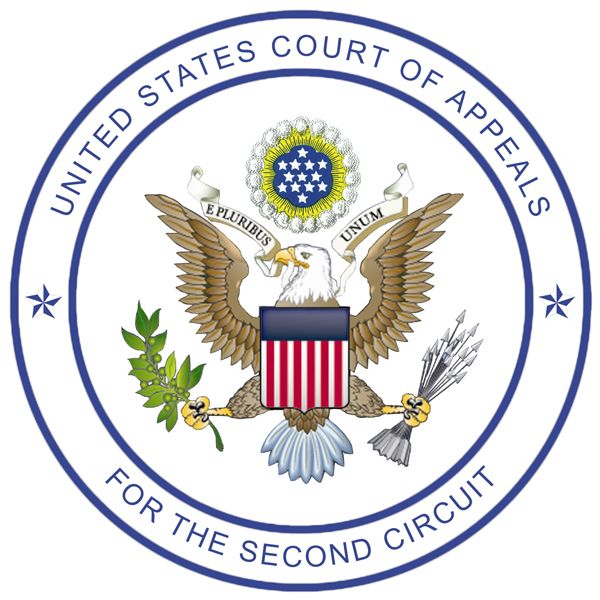The U.S. Court of Appeals for the Second Circuit has upheld Connecticut’s bans on commonly owned rifles and standard-capacity magazines, a decision gunowners’-rights advocates say directly conflicts with Supreme Court precedent.
The ruling on August 21 came in National Association for Gun Rights v. Lamont and Grant v. Rovella, two consolidated challenges to Connecticut’s restrictions on so-called assault weapons and magazines capable of holding more than 10 rounds.
The National Association for Gun Rights (NAGR) argued that AR-15–style rifles and standard magazines are among the most popular firearms and accessories in the nation, owned by millions of law-abiding citizens for self-defense, hunting, and sport shooting. The Second Circuit court based in Hartford, Connecticut, rejected those arguments, concluding the state’s bans are consistent with what the court called a tradition of regulating “unusually dangerous” weapons.
From the decision, the court wrote, “The challenged Connecticut laws, which impose targeted restrictions on unusually dangerous weapons while preserving numerous legal alternatives for self-defense and other lawful purposes, are consistent with our Nation’s historical tradition of regulation of such weapons. We additionally conclude that Plaintiffs have not demonstrated that the balance of equities and public interest tip in their favor.”
“This opinion is a brazen act of defiance against the Supreme Court,” said Hannah Hill, vice president of the National Foundation for Gun Rights. “Oral arguments before the female-dominated panel felt like going before the legal version of The View — utterly hostile to both principle, common sense, and the Bill of Rights. This ruling absolutely follows that theme.”
The Supreme Court held in District of Columbia v. Heller in 2008 that firearms “in common use” by law-abiding citizens for lawful purposes cannot be banned. Gun rights advocates say lower courts have defied that precedent, upholding sweeping prohibitions with little regard for Supreme Court rulings.
“The reality is that appellate courts across the country are in open revolt against the high court’s rulings,” said Dudley Brown, president of the National Association for Gun Rights. “That’s why we are continuing to press these cases in the lower courts, building strong records and keeping the pressure on until the Supreme Court finally decides to step in. When the dominoes start falling, the justices will have no choice but to decide the issue.”
The National Association for Gun Rights, headquartered in Loveland, Colorado, said it will return the case to the district court to begin the full merits process while monitoring other challenges moving through appellate courts nationwide.
“The Second Amendment doesn’t mean whatever a hostile appeals court wants it to mean,” Hill said. “For more than two centuries — and reaffirmed time and again by the Supreme Court — the rule has been crystal clear: arms in common use by law-abiding Americans cannot be banned. Yet courts like the Second Circuit treat the Constitution as optional. We will not stop until the plain text of the Second Amendment is enforced nationwide, and the right of the people is finally respected.”
The three-judge panel was composed of Judge John Walker, Judge Debra Ann Livingston, and Judge Alison Nathan. Judge Walker, who wrote the opinion, equated 19th-century bans on Bowie knives and dirks to the more modern ban on “assault weapons.” “The Founders faced no problem comparable to a single gunman carrying out a mass murder in seconds,” Walker wrote in the 61-page decision.



